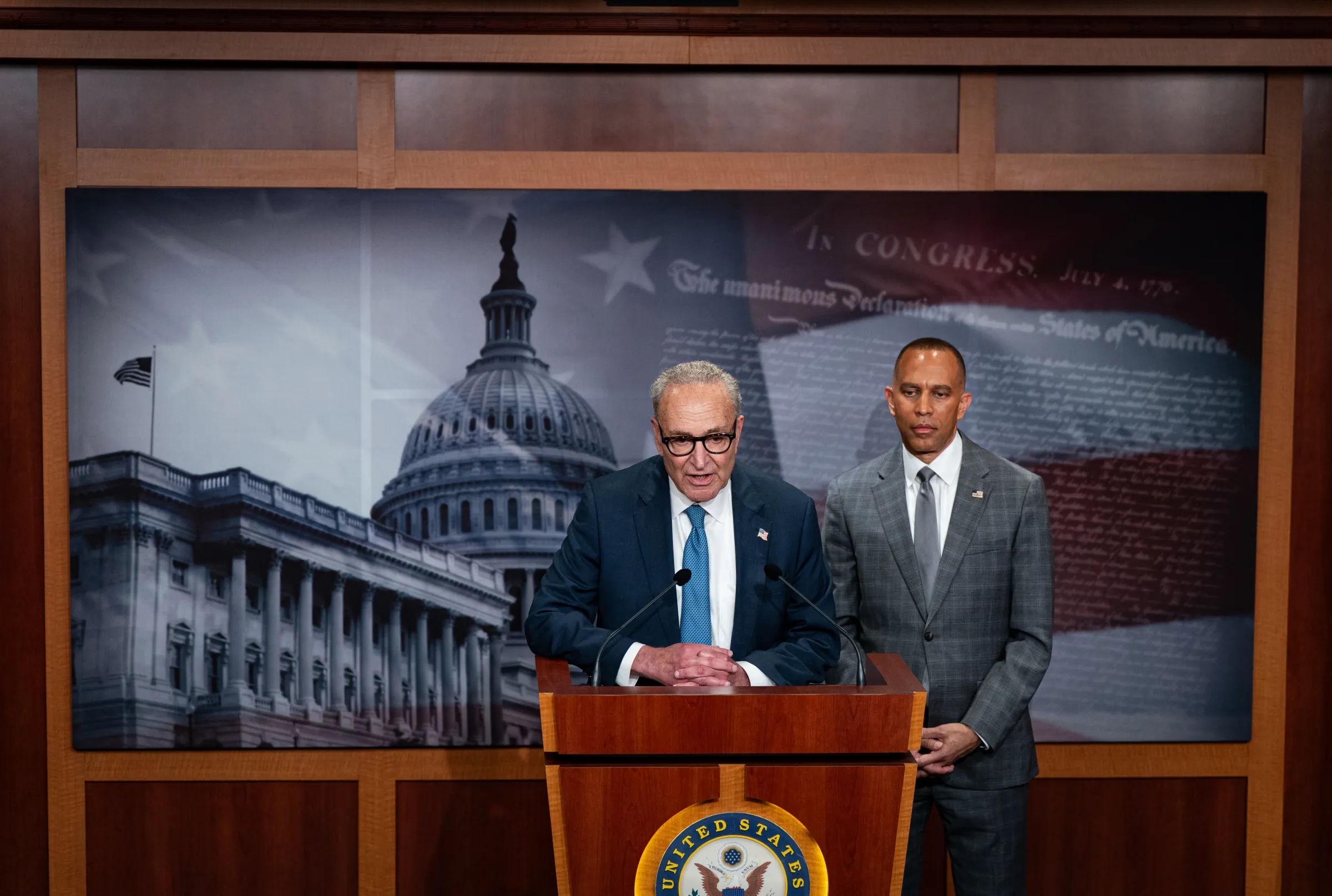The U.S. federal government has entered another shutdown, and at the heart of the impasse is a fierce dispute over the future of Affordable Care Act premium tax credits. These subsidies, introduced to reduce the cost of health insurance plans purchased through ACA marketplaces, are set to expire at the end of the year. Without Congressional action, millions of Americans face steep premium hikes that could reshape both their household budgets and the broader health insurance landscape.
Why Premium Tax Credits Are the Core of the Debate
Since their expansion in 2021, premium tax credits have been critical in making ACA coverage affordable for families who don’t have access to employer-sponsored plans, Medicare, or Medicaid. The subsidies helped enrollment surge to a record 24 million people in 2023, according to data from HealthCare.gov. For small business owners, self-employed individuals, and agricultural workers, these subsidies mean the difference between having coverage and going without.
If Congress does not extend the enhanced tax credits, premiums could rise by more than 100% for many households. For example, families currently paying $500 per month could see their bills double to over $1,000. This would put pressure on lower and middle-income households, forcing many to switch to higher-deductible plans or consider going uninsured altogether. Analysts estimate that up to 4 million Americans could lose coverage, creating ripple effects across the health system.
The Economic and Political Stakes
The economic consequences of letting subsidies expire are enormous. Over the next decade, extending them would cost the federal government approximately $350 billion. While Democrats argue that this spending is justified to prevent families from losing health insurance, many Republicans contend that the subsidies are too expensive and contribute to unsustainable federal spending.
The timing adds urgency. With open enrollment for ACA plans beginning November 1, insurers are already setting new premium rates. Families will soon receive notices of higher costs, amplifying public pressure on lawmakers. The standoff is reminiscent of the repeated political battles over health care policy since the ACA’s passage in 2010. Just as with earlier repeal-and-replace debates, the fight over subsidies is once again dominating Washington’s agenda.
What It Means for Families and the Future of Health Care
For millions of Americans, the debate is not about political maneuvering but about affordability and access. If subsidies vanish, many will be forced to choose between paying skyrocketing premiums or abandoning coverage entirely. The outcome will also influence long-term insurance market stability, as insurers adjust pricing strategies in response to declining enrollment.
For those trying to navigate their options, resources like KFF Health Reform provide detailed analyses of expected cost changes. Similarly, IRS.gov explains eligibility for tax credits, while CMS.gov outlines updates to ACA regulations. These sources are vital for families preparing for possible policy shifts.
As the shutdown continues, the battle over Affordable Care Act premium tax credits underscores how central health care remains to America’s political and economic future. The decisions made in the coming weeks will shape not only the affordability of health care for millions but also the trajectory of federal spending and public trust in the system.







